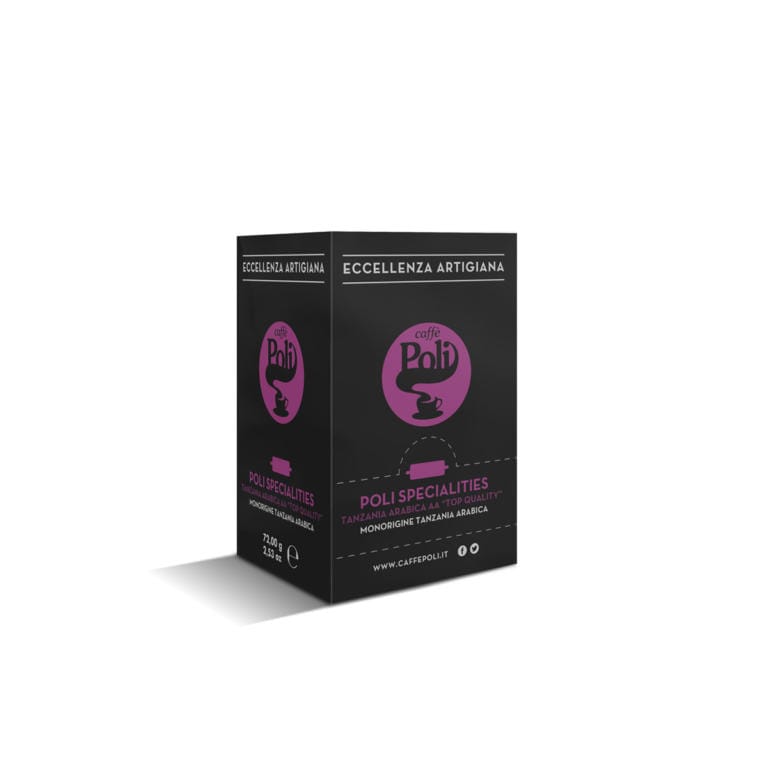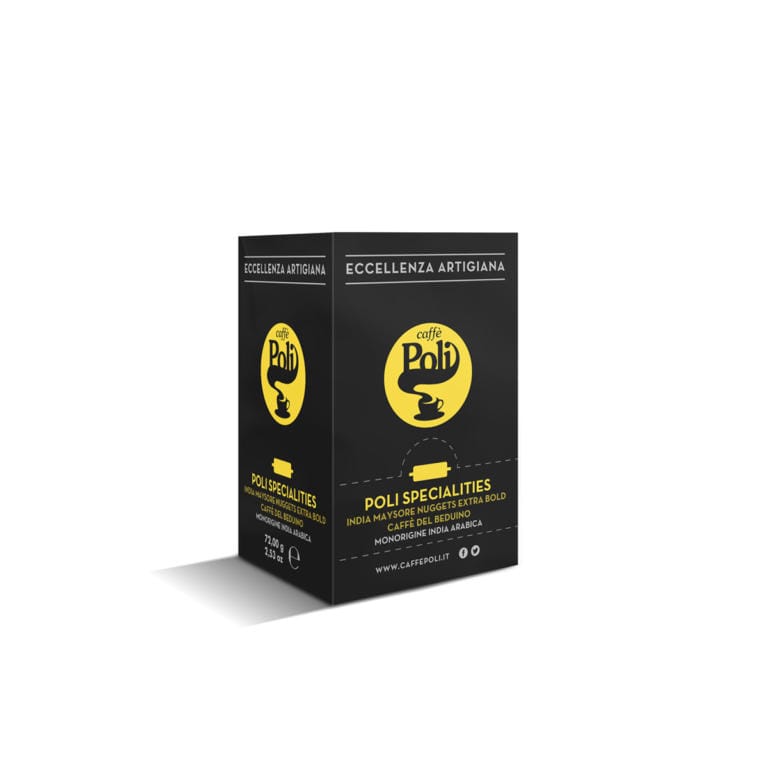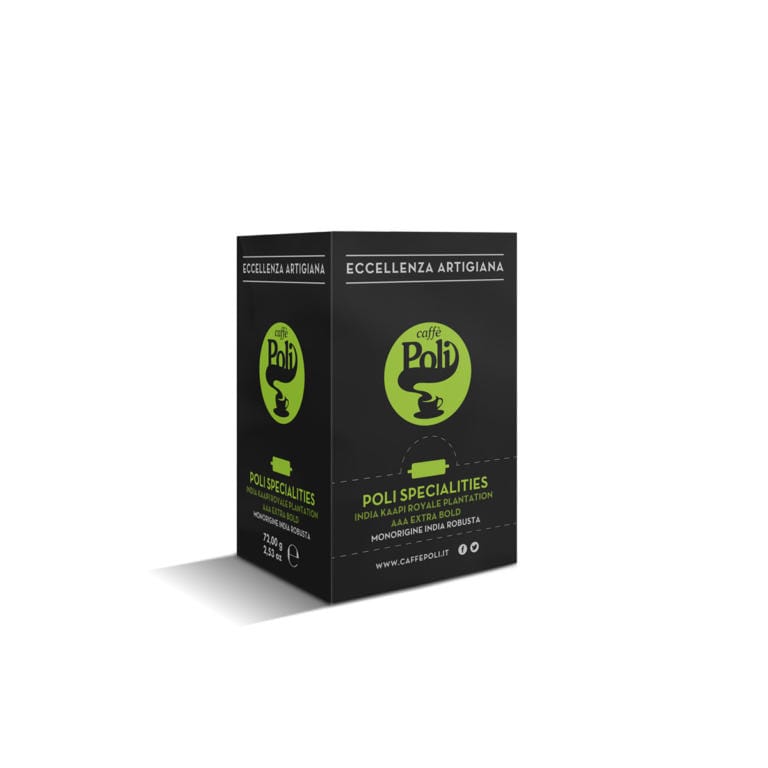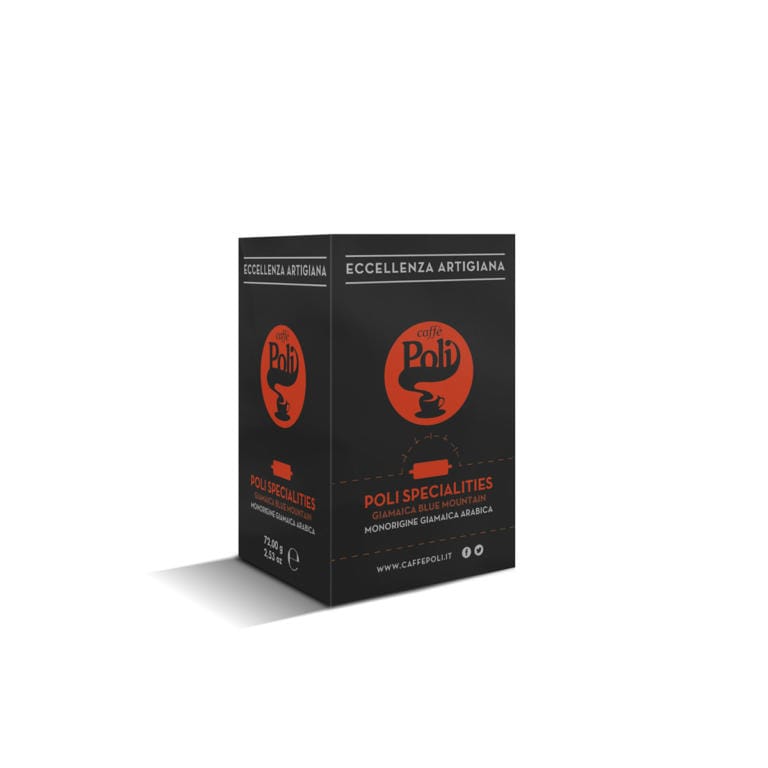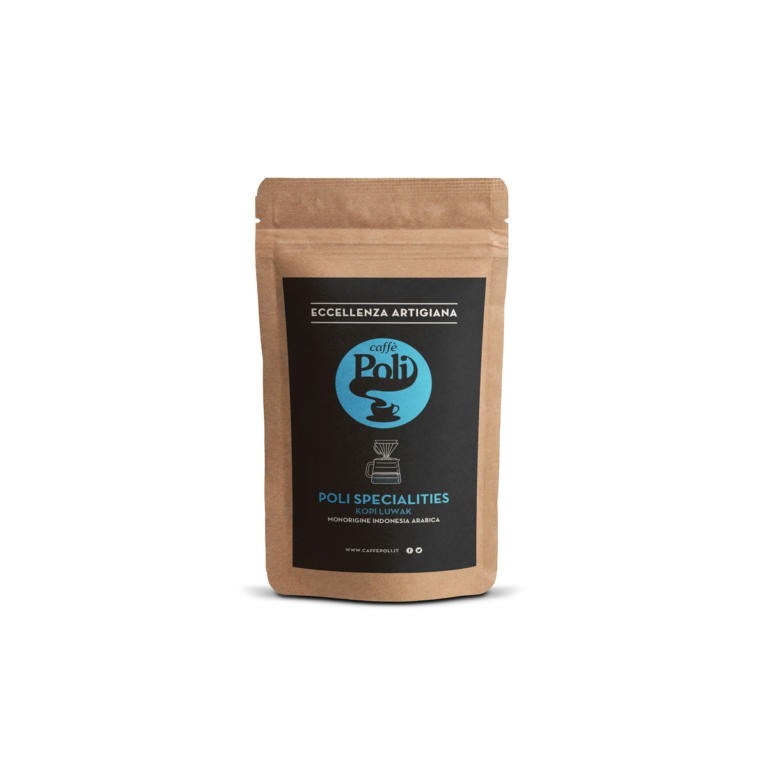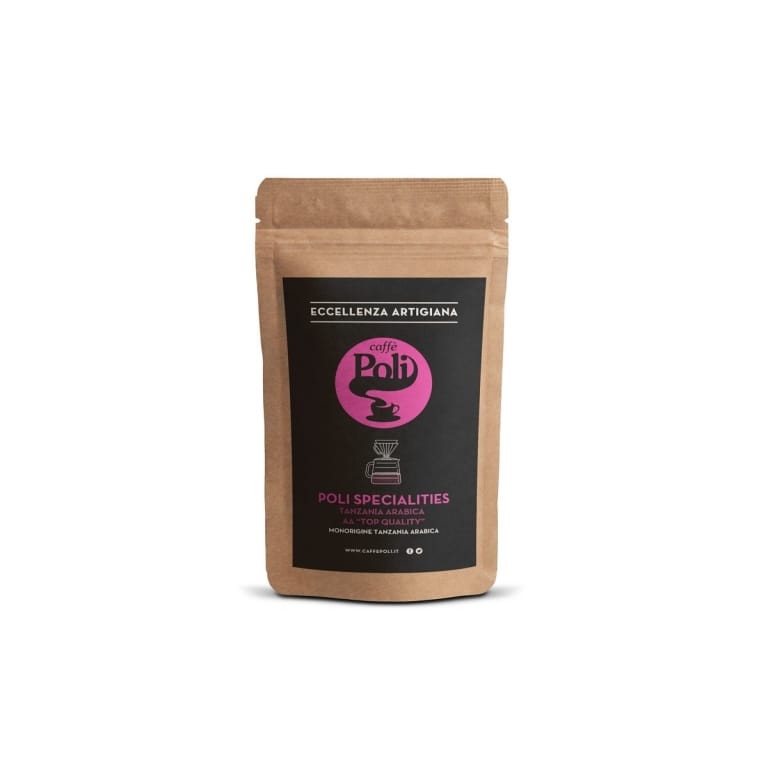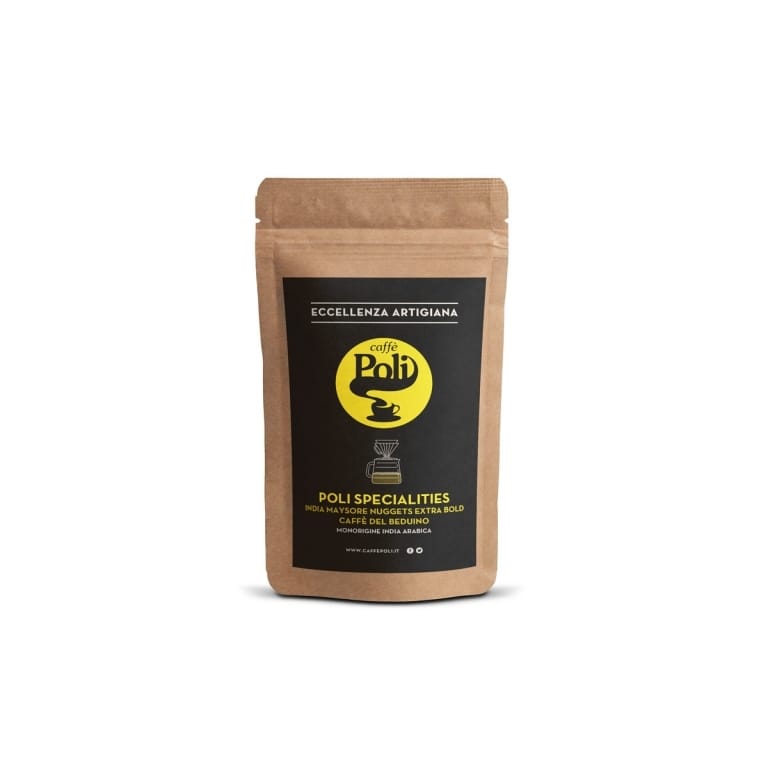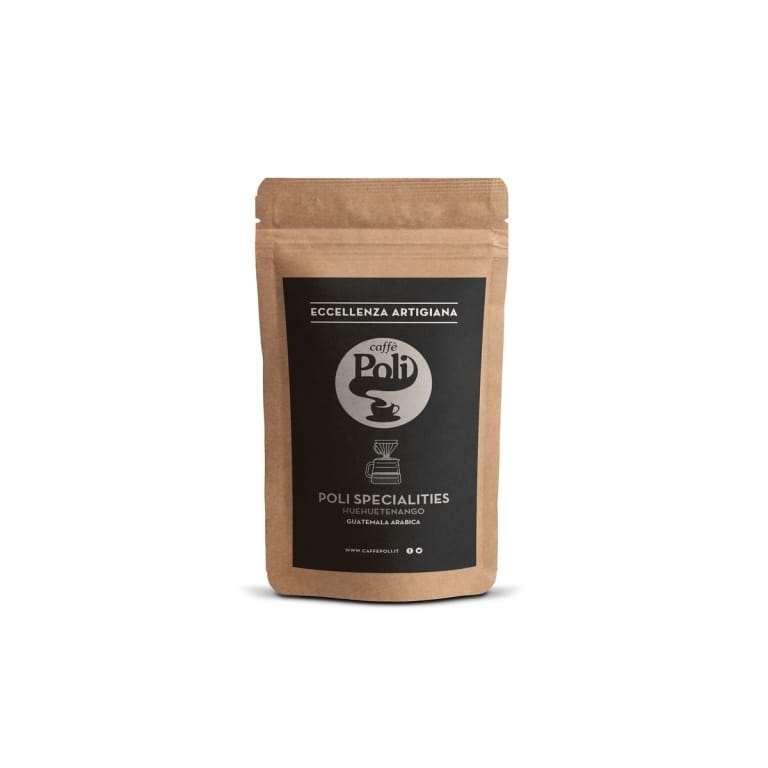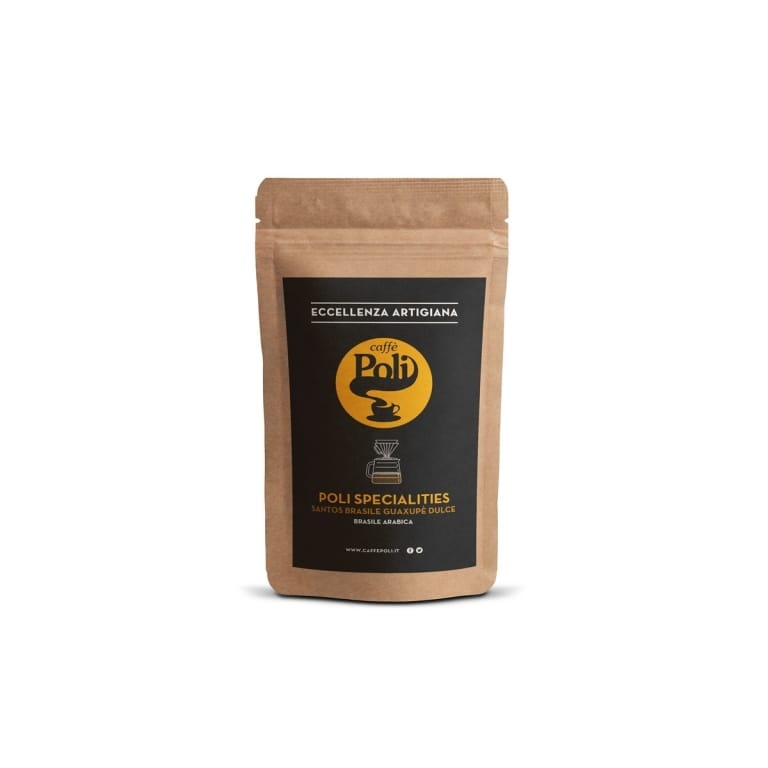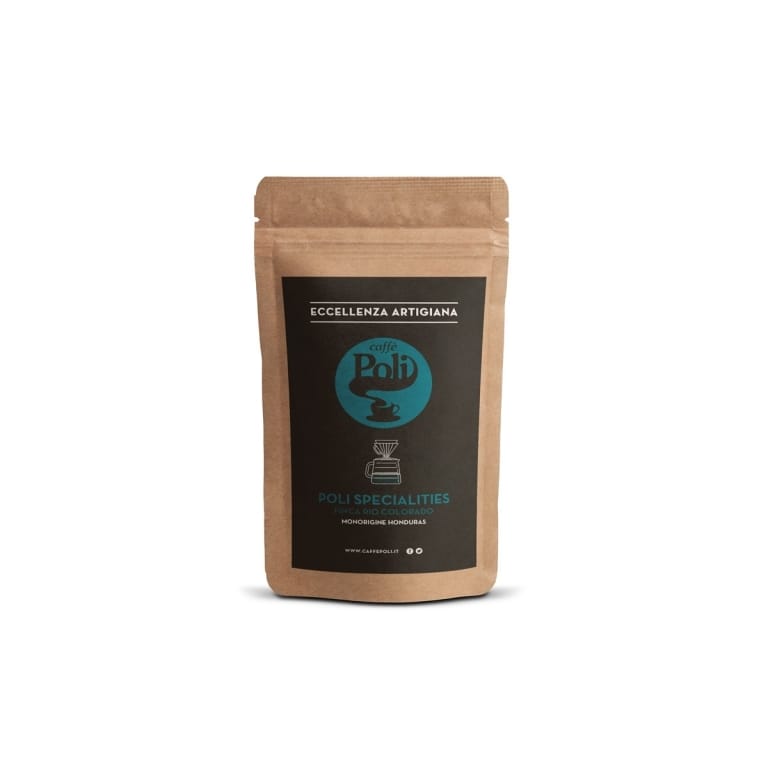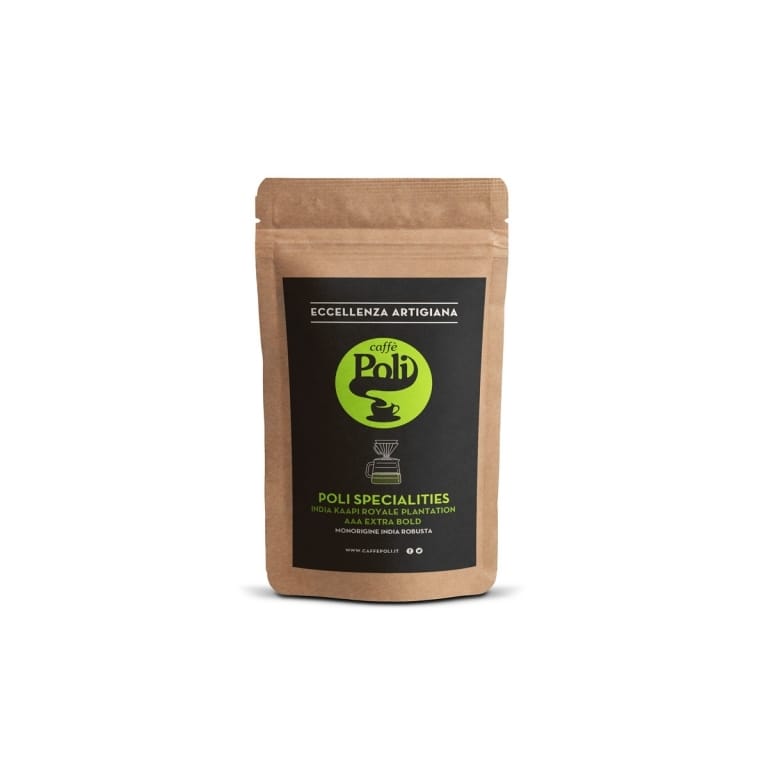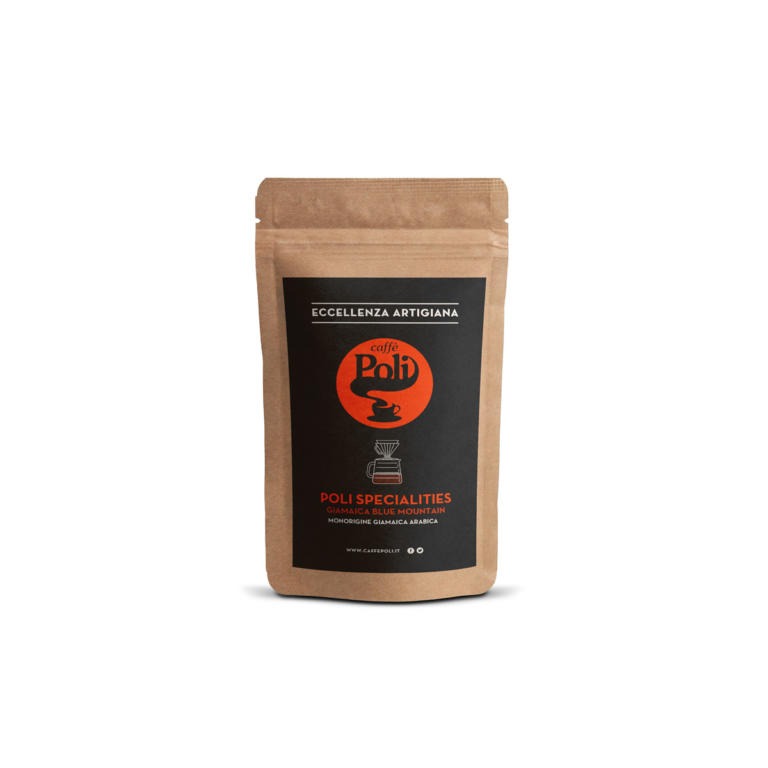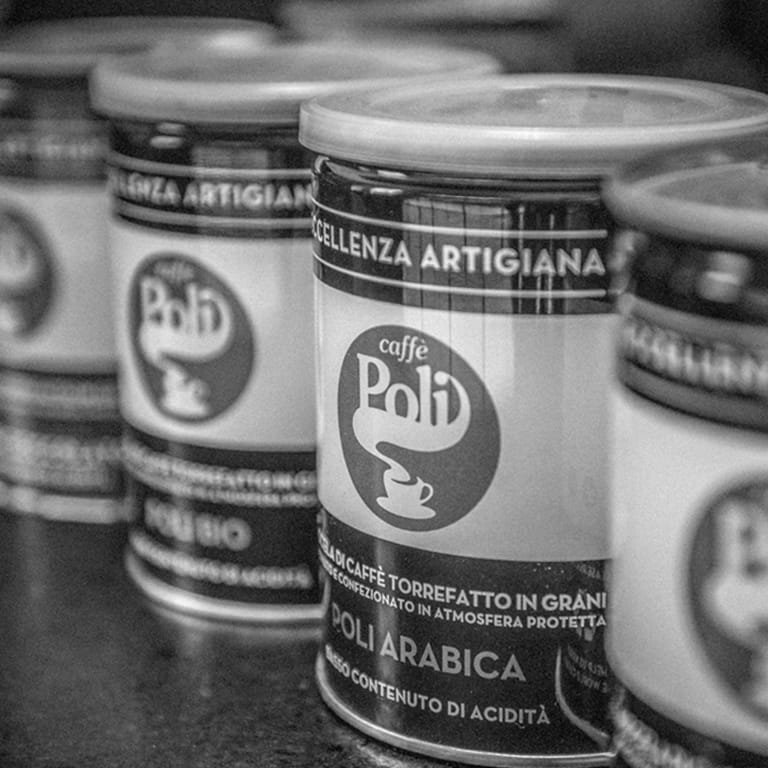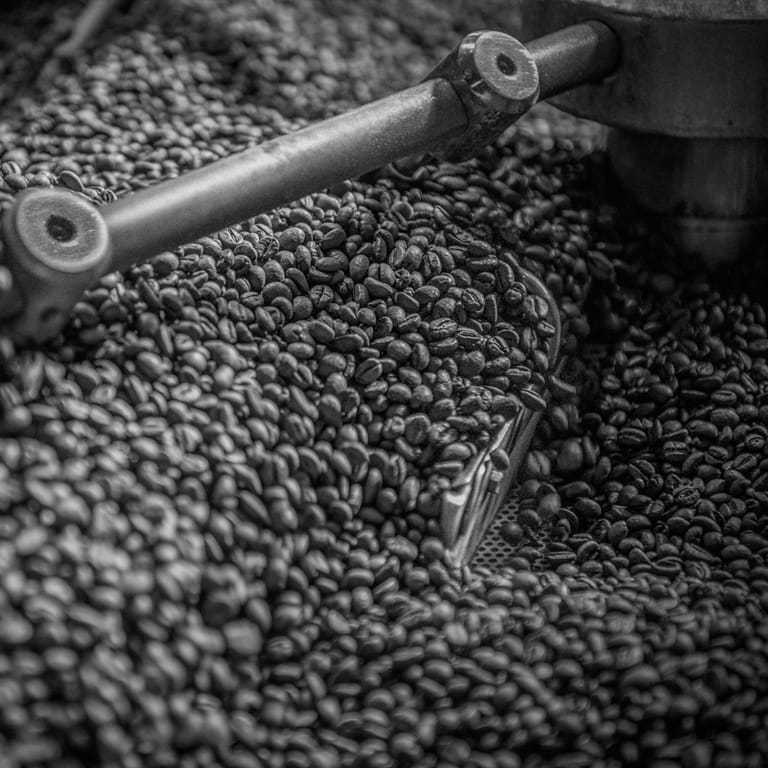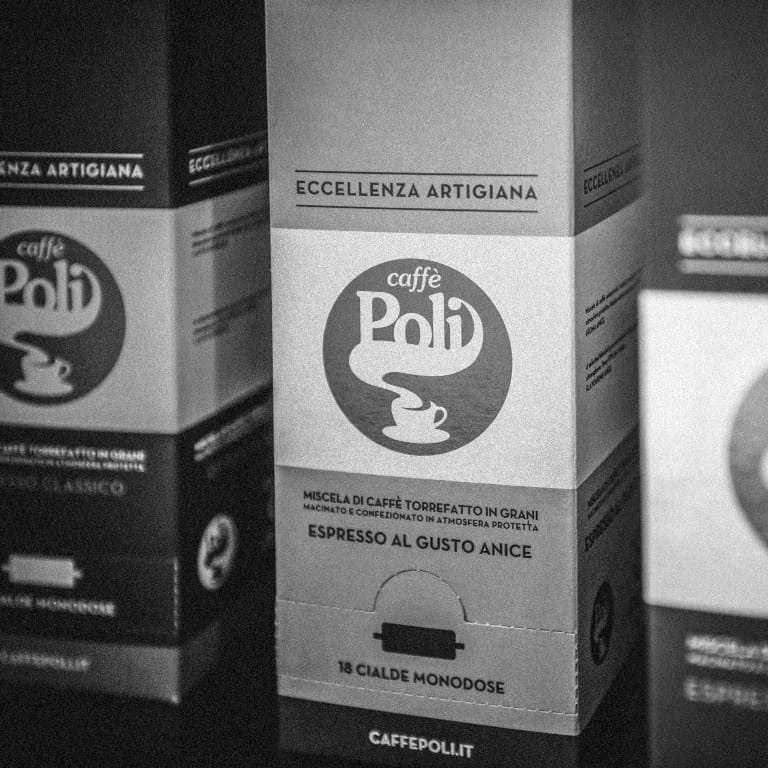The history
Africa is becoming an increasingly important producer of coffee worldwide. In some African countries such as Uganda, Ethiopia and the Ivory Coast coffee constitutes one of the main sources of income.Curiously, although the Arabica species originates from Ethiopia, 75% of all coffee beans produced in Africa are Robusta. The latter species of coffee has greater resistance to disease and a greater crop yield compared to Arabica.
Angola, the Ivory Coast and Uganda are the largest African producers of Robusta. The only two African countries to produce exclusively Arabica are Ethiopia and Kenya.
The type of Arabica grown in Tanzania is known as the ‘Kilimanjaro coffee and is characterised by a remarkably full body and delicate acidity. The taste is not very different from Kenyan coffee. The Arabica coffee grown in the Kilimanjaro region is mostly wet-processed. Movements between plantations were accompanied by shade plants typical of woodland vegetation or alternatively by other useful plants such as banana trees, which are grown next to co ee plants in order to provide shelter from the sun’s rays with their large leaves. Single origin Tanzania AA has good roasting, a remarkably full body and delicate acidity with a raw honey aftertaste, a dark foam and golden hues. It leaves a pleasantly sweet, lingering aftertaste with chocolate notes on a pleasant rhubarb base. Some light grains are present. It makes a ne and full-bodied cup of coffee.
